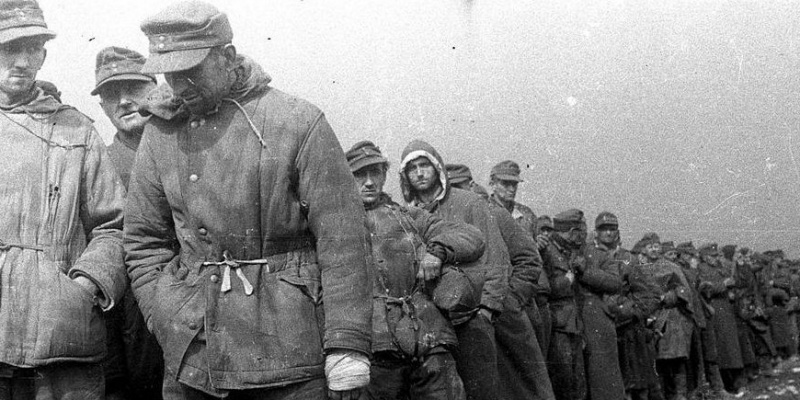The war unleashed by Nazi Germany against the Soviet Union in 1941 was an inevitable historical event that must have occurred regardless of the political regime in that country, General Majmut Gareev, president of the Russian Academy of Military Sciences, recently stated.
Hitler’s plans and those of German politics that sought to expand into the East for a long time were deeply rooted and, as a result, aggression against the USSR had to occur under all circumstances,” Gareev said. According to the general, Germany’s expansionist policy was one of the main reasons why it waged war against the USSR and not the threat that the communist regime was supposed to pose to the countries of Europe.


